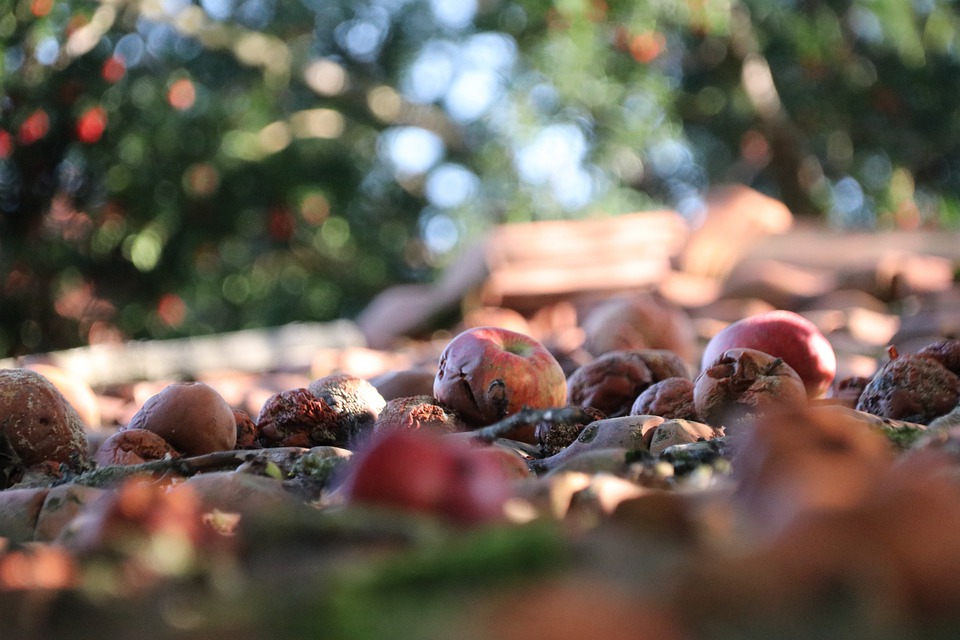
The approach of using bacteria to consume agricultural waste to produce bioplastic is not altogether new. However, a major problem with this approach lies in the strategy. Laboratory bacteria which are engineered for producing bioplastic are mixed with the agricultural waste. These bacteria are not used to surviving on agricultural waste as a food, and therefore the fermentation suffers from low yield and poor growth.
A different approach involves a initial step of identifying those bacteria which are naturally most suited to grow on agricultural waste. These bacteria can be isolated from e.g., rotting apples. The bacteria can then be modified to produce high levels of bioplastic. This alternative approach would make good use of the amazing ability of bacteria to rapidly compost high energy sources such as apples, potatoes and carrots. The catch is that it only works if one knows how to genetically engineer these newly isolated bacteria to be super-producers of bioplastic. If successful, this approach could dramatically reduce the cost of bioplastic production.
Annual agricultural waste in Germany*
| Germany, 2011 | Yearly tons of production | Yearly waste in percentage (germination, rot, parasites) |
Yearly waste in tons |
| Potatoes (averaged over three years) | 10 504 000 | 0.9% | 94 743 |
| Apples | 898 000 | 9% | 80 820 |
| Carrots | 534 000 | 8% | 12 816 |
*Report commissioned by the German Federal Ministry of Food, Agriculture and Consumer Protection (BMELV); Thünen-Institut, Max Rubner-Institut and Julius Kühn-Institut (Einschätzung der pflanzlichen Lebensmittelverluste im Bereich der landwirtschaftlichen Urproduktion)
